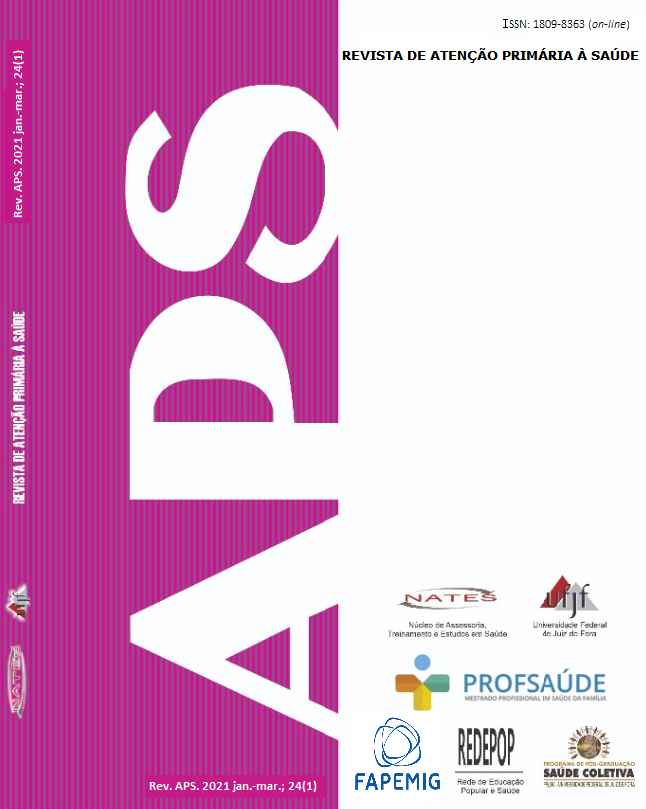Trajetórias assistenciais de pessoas com doença renal crônica: desafios para a Atenção Básica
DOI:
https://doi.org/10.34019/1809-8363.2021.v24.29344Keywords:
Renal insufficiency chronic., Primary health care., Health services accessibity., Health care levels.Abstract
Introduction: Chronic Kidney Disease (CKD) is considered a Public Health problem, susceptible to prevention and diagnosis in Primary Care. Diabetes Mellitus (DM) and Hypertension (HTN) are the main causes of CKD, which implies the importance of its management in the Health Care Network (HCN). Objective: To evaluate the assistancial pathways adopted by people with CKD in HCN from the perspective of users and their families. Methodology: Qualitative research that used semi-structured interviews that aimed people with CKD due to DM and/or HTN and their families. Content analysis was performed in thematic mode. Results: 11 users and 11 family members were interviewed, and three assistancial pathways were identified: Did not seek Basic Health Units (BHU); Went to BHU but did not receive the diagnosis; Were diagnosed at BHU and then referred to specialists. Users and family members did not linked Primary Care as a place of care of CKD, it being restricted to Specialized Care.











